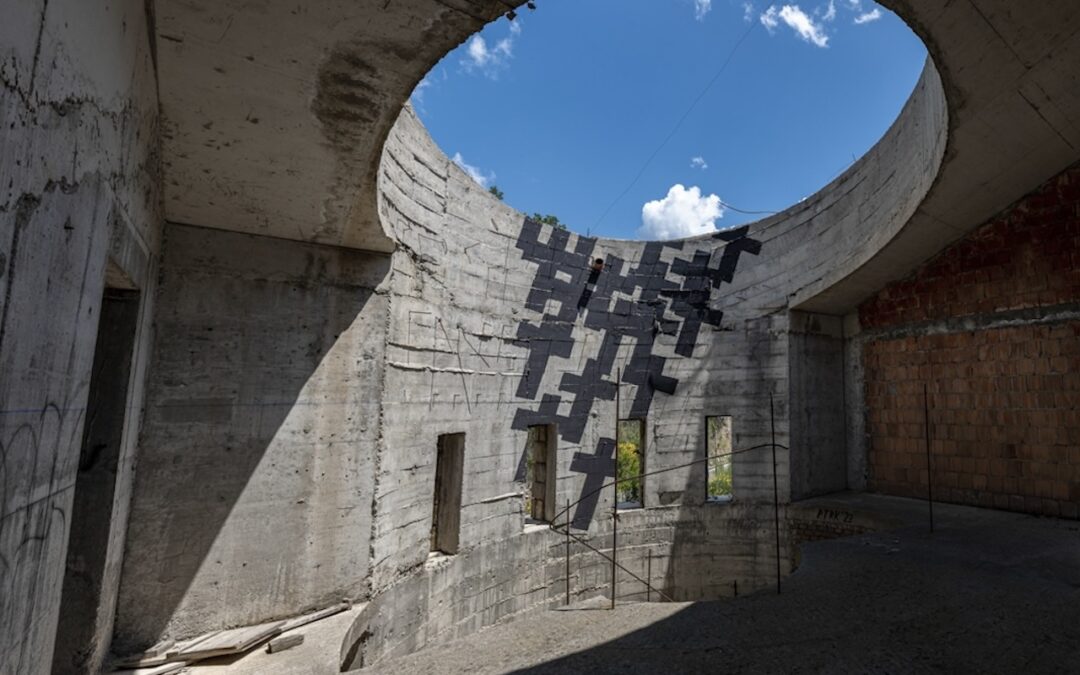Slava PTRK
Curator, Visual Artist
Russia
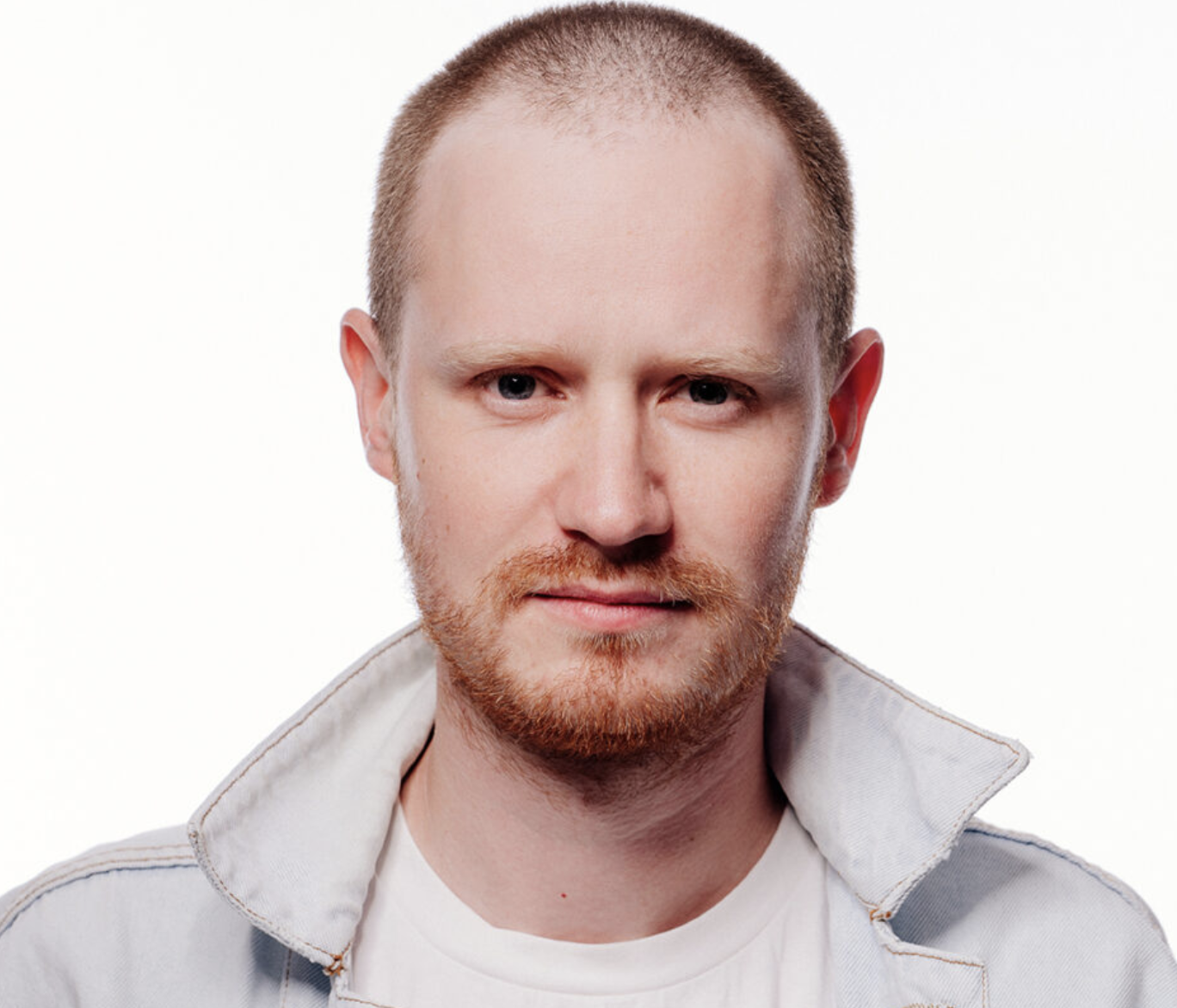
Slava PTRK (@slavaptrk) is a street artist from Yekaterinburg, Russia, currently living and working in-exile in Germany. Holding a degree in journalism, he has studied at the Rodchenko Art School and Free Workshops Contemporary Art School (MMOMA) in Moscow, as well as the Salzburg International Summer Academy of Fine Arts and CEC ArtsLink Global Art Lab in New York.
PTRK’s artistic practice engages with the social and political realities around him, using irony to critique the absurdities of contemporary life. His works are designed to be precise and impactful, fostering participatory and interactive experiences that invite the public into his projects.
In Yekaterinburg, he co-curated the ‘Stenograffia’ international street art festival (2011–2014) and co-founded ‘the Sweater’ street art gallery (2014–2016). He also founded the independent street art festival ‘Carte Blanche’ (2018–present) and, more recently in Montenegro, initiated the ‘Post Scriptum Projects’ (2023–present). Since his first solo exhibition in 2013, PTRK has participated in numerous street art festivals and group exhibitions in over a dozen countries, as well as several biennales in Russia, and has held artist residencies in various locations including the USA, Italy, and Switzerland.
ARC Interview with Slava PTRK
— You left Russia after the war started, how did it happen and how did you make this decision?
On September 27, 2022, when Putin announced the mobilization, I left by car for Finland. I had a visa, fortunately, and the border was still open. We reached Montenegro, I had been there once before and I knew that gallery owner Marat Gelman lived there. By chance it turned out that my friend had a vacant apartment there, so I ended up in Montenegro. I didn’t choose, I didn’t prepare, just a chain of random events.
To be honest, I had no intention of leaving. I didn’t understand how to work in Russia either. I understood that as an artist it was important for me to see it all – the mad regime, the fear of people in a warring state. My state of mind can be described as humility and torpor. One of my friends was prosecuted, another was searched, another was caught by the police at his art-performance. The space of freedom had shrunk even further. I realized that there were only two strategies: keep quiet or go to jail.
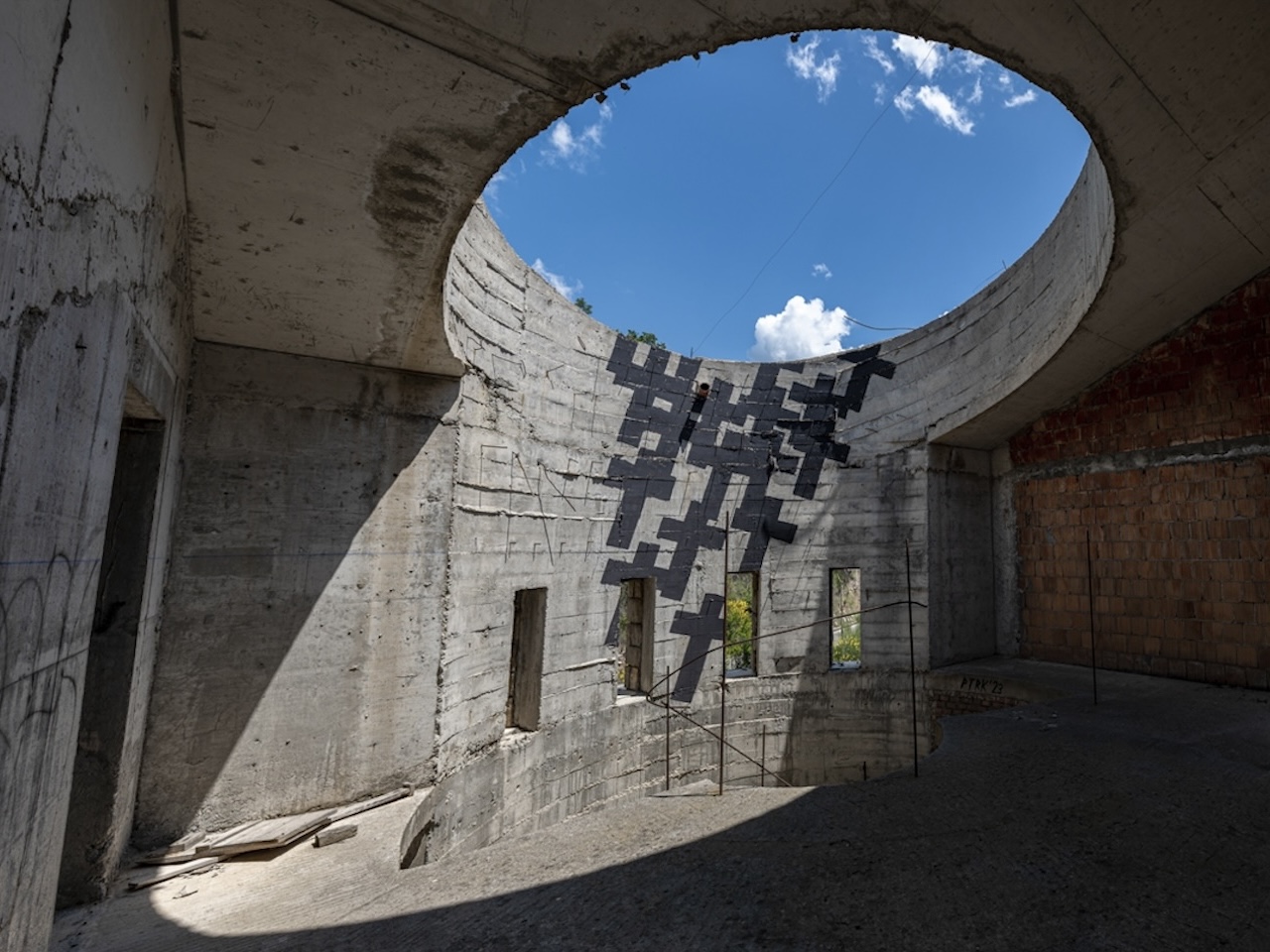
Untitled (Goodbye blue sky).
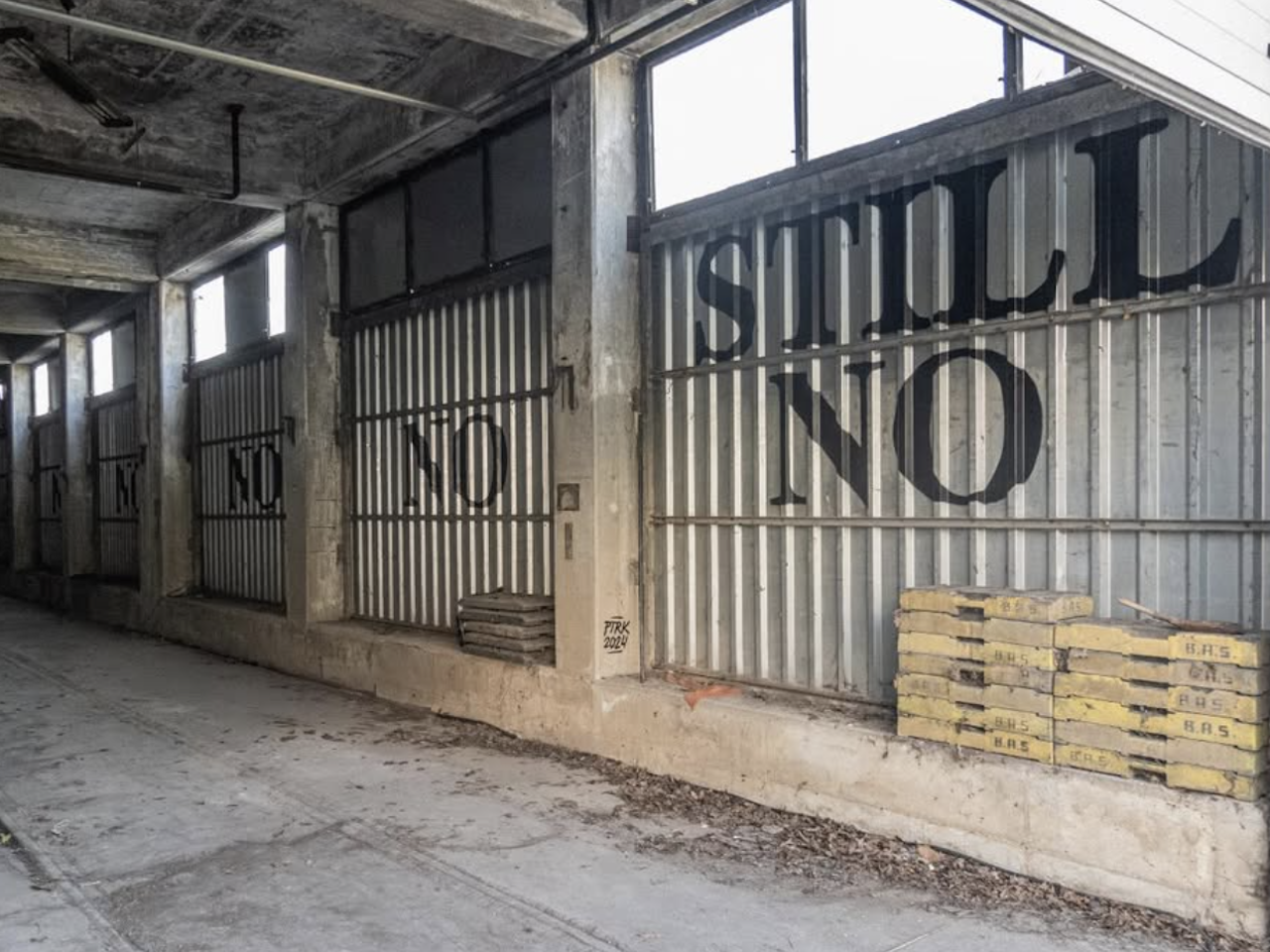
Often the first reaction in moments of turmoil is the most sincere. A lot has been said and done in these three years. Hundreds of thousands of destroyed and maimed lives later, dozens of cities and settlements erased from the face of the earth, in this "new world" with its "new world order", it will not be necessary to remember the moments of turmoil and self in them. What did you feel, what you said and what you did when reality pushed you to the wall and made you choose which basic reaction you chose - to run, aim or fight? Ask others how they felt on February 24, 2022. Ask them and then ask yourself. Are you still ready to say "no" or "I don't know"?
— Do you feel that Putin’s regime is targeting contemporary art directly?
No, of course not. The searches that took place this spring of many artists in Russia showed that the authorities don’t understand what contemporary art is at all. They searched everyone from gallery owners to painters, and many of these people had never even heard the name Pyotr Verzilov.
It’s very much like how it was during the Soviet Union – “everyone who plays jazz is a traitor.”
Modern art is incomprehensible and alien and therefore looks suspicious. I think that the Russian authorities don’t understand that contemporary art is dangerous, but they feel that it is alive, and dictatorship always forbids everything alive.
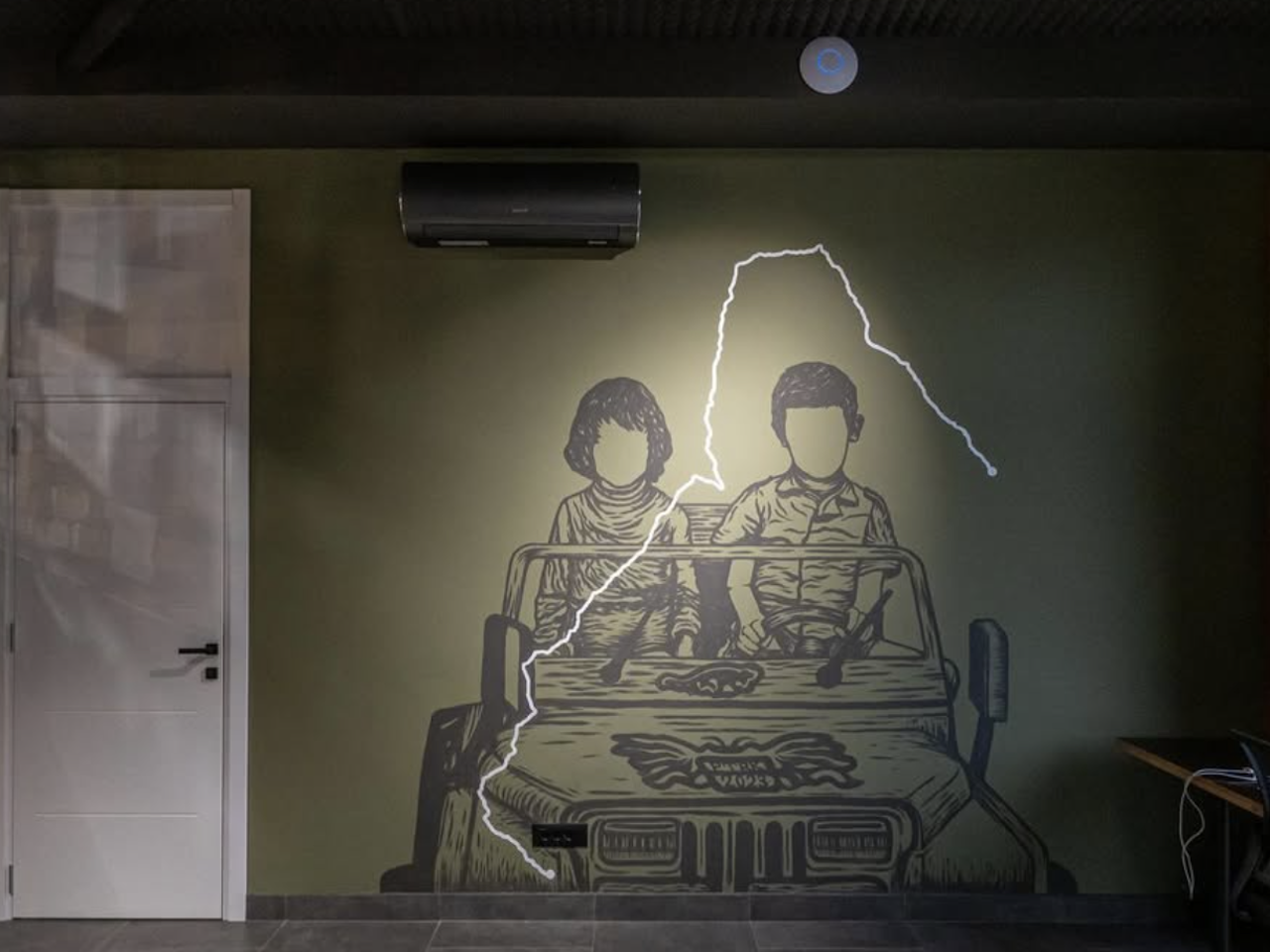
Two childhood photos, merged together and processed through a neural network, accompanied by the car route from Moscow to Budva in Montenegro. An immigrant artwork for a place made by immigrants and for immigrants.
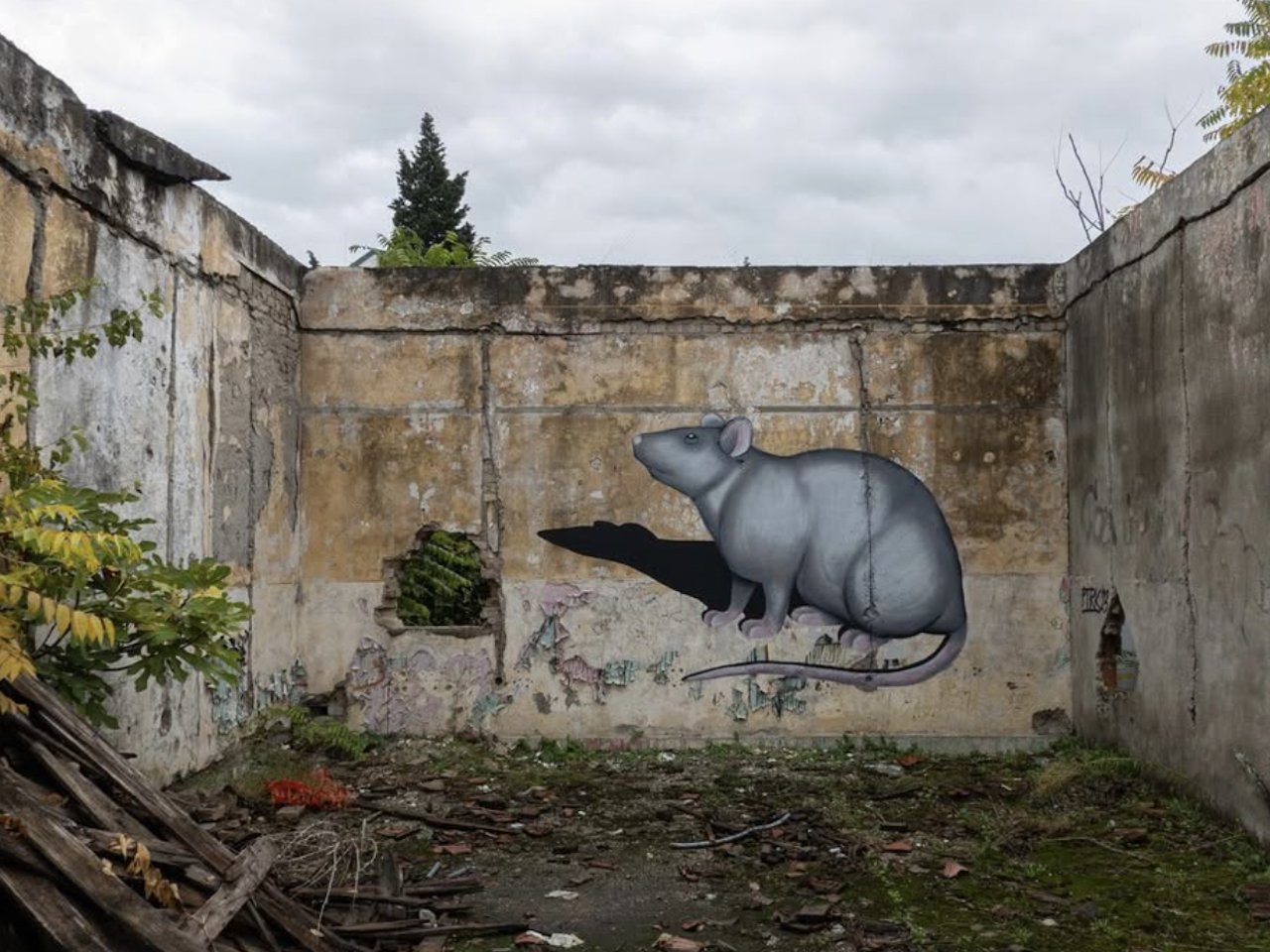
When the war started and a lot of people were fleeing from Russia, I had a talk with one of my loved ones. He said that "escape it’s a choice of rats." I didn’t argue with him and kept silent. Then I decided to cling to the deck harder and wait. But today is exactly 13 months since this little rat fled from the ship, and he’s still looking for his side. I don't know what kind of ship Russia is and where it goes. And I rather don’t know if I will step on its deck again someday or it’s never gonna happen. My wish to everybody, whether you choose to leave or stay, is to find your side, your own land, and don’t lose yourself during this search. If you’ve already found yours - don’t give it to anybody, to any assholes and idiots. You won’t have a spare home, probably. And one day there’s nowhere to run.
— What was the most difficult thing about your departure, did you manage to preserve yourself as an artist in emigration?
It so happened that during this time, like many other artists, I essentially experienced two emigrations. First to Montenegro, and then, when I managed to get my documents, to Germany. The second move hit me much harder. Now I’m really discouraged. Because of the bureaucracy, you have to try very hard not to end up on the street – it is very, very difficult to find an apartment now.
Two years ago it was easier. I was full of hope, it seemed that Ukraine’s counter-offensive was about to happen and everything would change and all the horrors would end. Now the mood is hopeless and more and more apathetic.
I am very demotivated now, I don’t understand why to do art, and what kind of art to do. I don’t understand what to talk about and with whom to talk – those who could understand how terrible the war is, how terrible the totalitarian regime is, how terrible Putin’s power is – they have already understood it. And if there are those who have not understood, they will never understand.
I am losing understanding of my audience. What kind of audience? Who should I talk to? Europeans? Russians in Europe? Who? And about what?
— Do you realize something about your future as an artist? Will you be able to maintain yourself in art?
Right now I’m trying to find a new motivation to keep doing art. It so happens that there are many wars and troubles in the world and people are tired of them. But the war with Ukraine and the neighborhood with Russia is something that Europeans can’t get tired of, you have to remember it and think about it every second. I’m trying to figure out how I can remind Europeans of this through art.
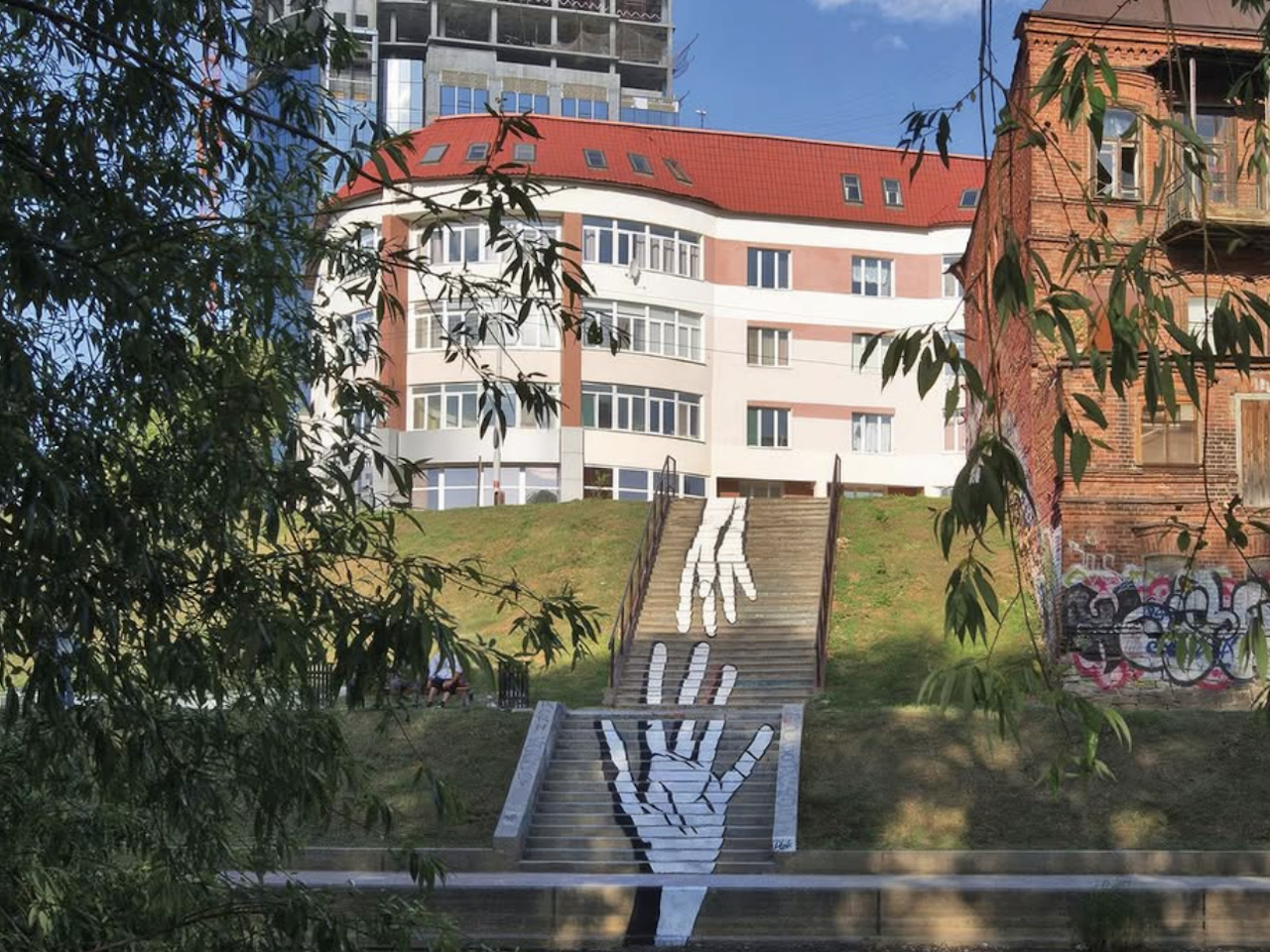
Unfortunately, starting in 2024, my birthday coincides with the date of Alexei Navalny's murder. This dark date in modern Russian history, standing in the same row with February 24, will definitely outlive me. The day when, as many believe, hope died. Use this date to help those who continue to fight.
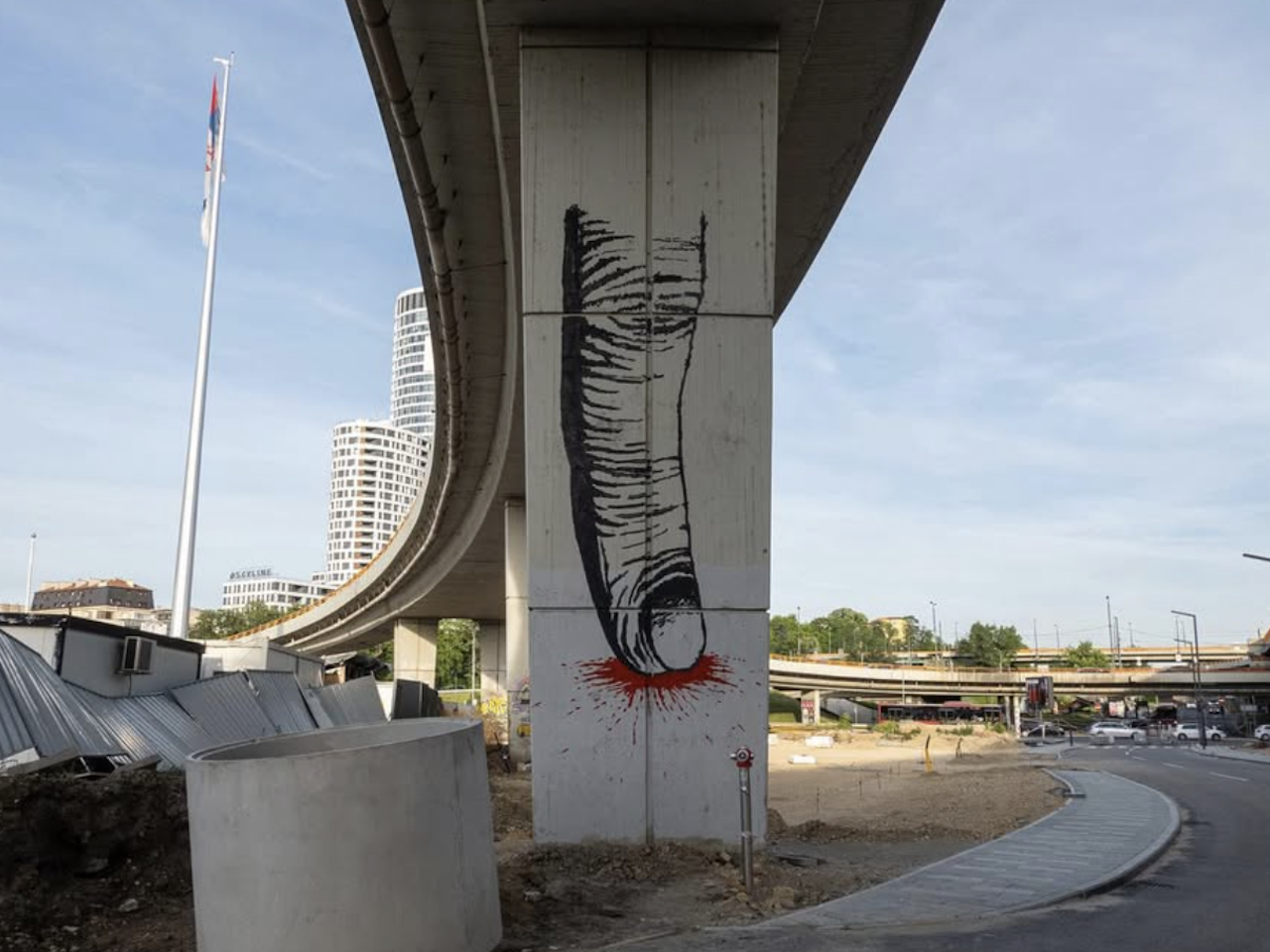
Bring to heel. Belgrade, Serbia.
— What do you understand about art in exile that you didn’t understand two years ago? What advice would you give to artists who are moving now?
We live in the age of the internet and that makes our lives a little bit easier. It’s possible not to lose your audience, to talk to people you’re used to talking to. I think because of that we have a whole bunch of artists who have gone digital. And that’s what I think is very important in exile: to try new things, to acquire very different skills, to be ready to use them.
For many years we in Russia believed in the myth that artists are so valued in Europe that any art here can bring money. This is not true, you have to give up your illusions. There are very few who can afford to live without moonlighting.
And I was also advised not to close down. We have a very strong art community now, which consists of people who have left the regime. It’s a resourceful, vibrant community that can help. We are all colleagues and we all left due to the same circumstances. So many new art spaces are opening now in Berlin, Belgrade, other cities.
We have to remember that our main help is solidarity.






